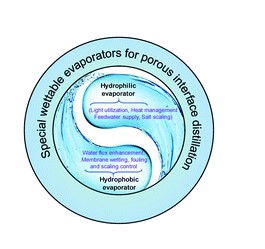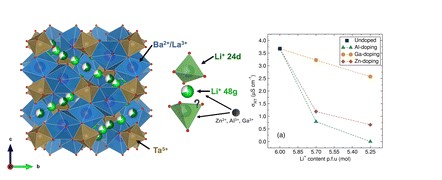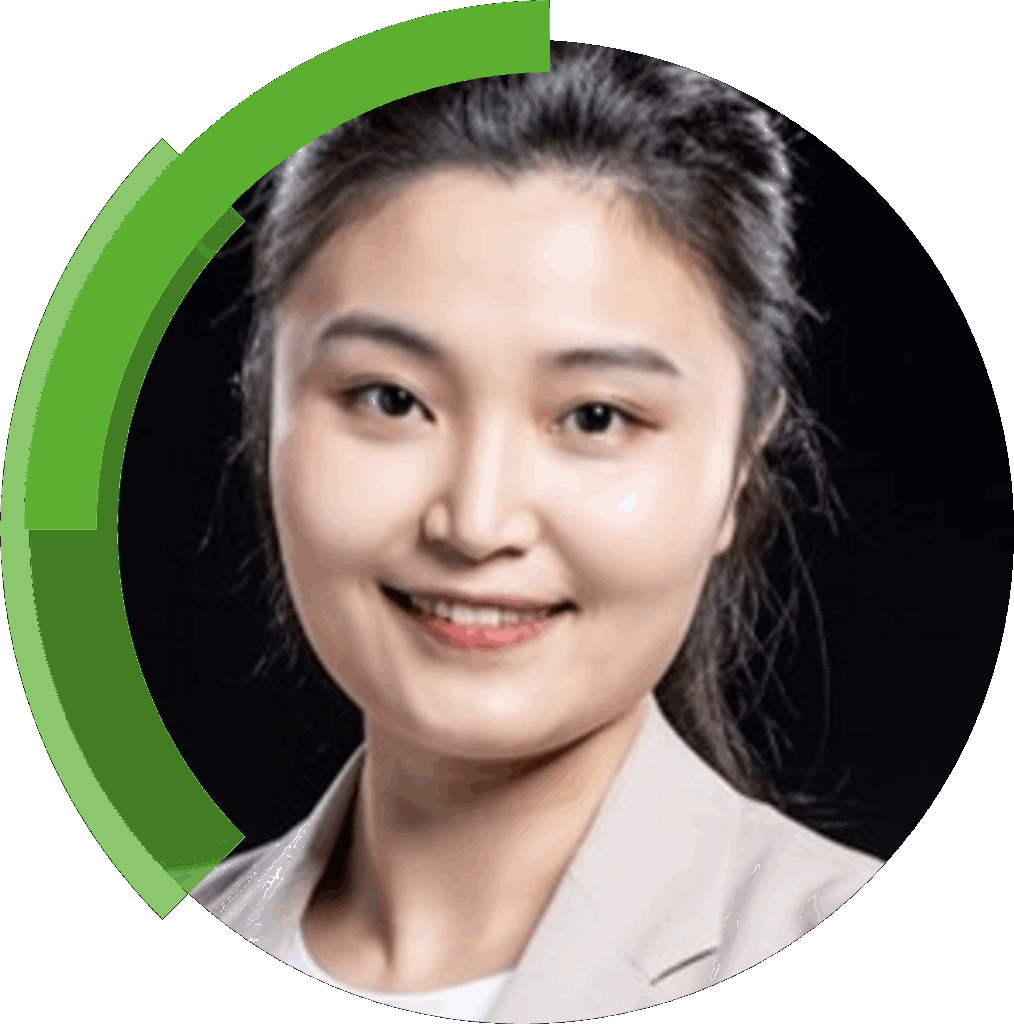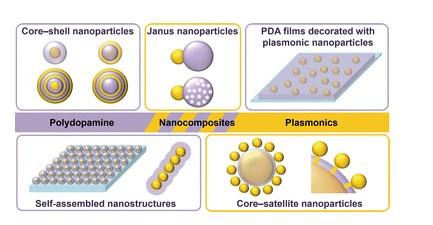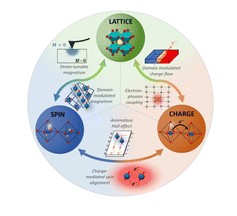Nanoscale Horizons 10th Anniversary ‘Community Spotlight’ – Meeting our Community and Advisory boards.
Introducing the Nanoscale Horizons Community and Advisory boards!
This year we are pleased to celebrate the tenth anniversary of Nanoscale Horizons. We are so grateful to our fantastic community of authors, reviewers, Board members and readers and wanted to showcase just some of them in a series of ‘Community Spotlight’ blog articles.
Our Community Board is an early career advisory board made up of researchers with expertise across all areas of the journal’s scope. The board members provide feedback and advice regarding journal activities, as well as acting as advocates for the journal. Our Advisory Board is comprised of internationally renowned researchers working across the field of nanoscience who provide expert guidance and support on our journals, events, and strategic planning.
In our first ‘Community Spotlight’, we feature some of the Community and Advisory Board members who have supported Nanoscale Horizons over the years. We have asked them what they like most about being on the journal’s Boards, about their recent publications and about their own insights into the future of nanoscale chemistry. Check out their interview responses and related articles below.

Professor Xiaodong Chen, Advisory Board MemberNanyang Technological University, Singapore |
|
|
| 1) What do you like most about being on the Advisory Board for Nanoscale Horizons?
One of the most rewarding aspects of being on the Nanoscale Horizons Advisory Board is the opportunity to contribute to the direction of a journal that plays a key role in shaping the future of nanoscience. Additionally, helping to refine the journal’s scope and maintain its high editorial standards is a privilege and a responsibility that I deeply resonate. 3) Where do you see the nanoscience field in the next 10 years? In the next decade, nanoscience is poised to drive advancements in medicine, electronics, energy, and sustainability. Progress in nanoscale materials could enable faster computing, more targeted drug delivery, and improved energy storage. Quantum nanotechnology and sustainable nanomaterials are expected to play key roles in addressing global challenges, ensuring nanoscience remains at the forefront of innovation. See some of Xiaodong Chen’s work here: Porous evaporators with special wettability for low-grade heat-driven water desalinationZhigao Zhu, Ying Xu Yifei Luo, Wei Wang and Xiaodong Chen J. Mater. Chem. A, 2021,9, 702-726
|
Serena Cussen, Advisory Board memberUniversity College Dublin |
|
|
| 1) What do you like most about being on the Advisory Board for Nanoscale Horizons?
One of the best things about being part of the Nanoscale Horizons Advisory Board family is the chance to support early career researchers working in our field, for example through the excellent Emerging Investigator special issues, and encouraging our community to submit their work to a home for impactful nanoscale science. 2) Where do you see the nanoscience field in the next 10 years? Advancing our understanding of materials on the nanoscale has the promise to impact across multiple research areas, from understanding biological processes and determining new healthcare treatments to advances in nanocatalysis and energy storage. This is an exciting prospect, as the crossdiscipinarity of the nanoscience field makes it ideally placed to accelerate efforts towards the United Nations Sustainable Development Goals. See some of Serenas’s work here: The effect of aliovalent dopants on the structural and transport properties of Li6La2BaTa2O12 garnet Li-ion solid electrolytes
Mater. Adv., 2024,5, 8826-8835
|
Zhenhua Wu, Community Board MemberShanghai Jiao Tong University |
|
|
| 1) What do you like most about being on the early career Advisory Board for Nanoscale Horizons?
As a member of the Nanoscale Horizons Advisory Board, I have a unique opportunity to both observe and contribute to the communication of cutting-edge research in nanoscience. The collaboration with respected colleagues to highlight emerging areas within the field is especially gratifying. 2) What do you think of Nanoscale Horizons as a place to publish impactful nanoscience and nanotechnology research? Nanoscale Horizons distinguishes itself by prioritizing original research that showcases novel concepts or approaches – conceptual advancements – rather than focusing solely on technical progress. Transformative original research is the bedrock of technical innovation, and Nanoscale Horizons serves as a crucial platform for sharing and disseminating such impactful, innovative nanoscience and nanotechnology. |
Xiaolu Zhuo , Community Board MemberThe Chinese University of Hong Kong |
|
|
| 1) What do you like most about being on the Community Board for Nanoscale Horizons?
I have been a member of Nanoscale Horizons Community Board for a few years. What I appreciate most is the chance to engage with a dynamic community of researchers and innovators in the field of nanoscience. As an early career researcher, this opportunity allows me to contribute meaningfully by writing editorial pieces and collaborating with international colleagues to curate the Horizons Community Board collection. And I find the peer review process particularly rewarding, as it not only keeps me updated on the latest research but also sharpens my own understanding of the field. Overall, the collaborative atmosphere fosters open dialogue and the exchange of ideas, which I believe is essential for advancing nanoscience. I truly value the connections I have made along the way. 2) What do you think of Nanoscale Horizons as a place to publish impactful nanoscience and nanotechnology research? Since the establishment of Nanoscale Horizons—when I was still a PhD student—I’ve been following this journal closely. It’s been a rewarding experience to participate on the Community Board as an early career PI, witnessing its evolution into a well-recognized and impactful journal within the field. Among so many journals in nanoscience, Nanoscale Horizons has truly distinguished itself over the past ten years, and that’s no easy achievement. What I appreciate most are several key aspects that make it a great place for publishing impactful work. The journal’s rapid publication process ensures that findings reach the community quickly. Its wide readership allows innovative research to connect with a diverse audience. Additionally, the focus on interdisciplinary work aligns well with current trends in nanoscience, fostering collaborative advancements. Overall, I believe Nanoscale Horizons is an excellent platform for researchers looking to make a meaningful impact. See some of Xiaolu Zhuo’s work here: Polydopamine-based plasmonic nanocomposites: rational designs and applicationsShengyan Wang, Yiou Cui, Tarun Dalani, King Yin Sit, Xiaolu Zhuo and Chun Kit Choi Chem. Commun., 2024,60, 2982-2993
|
Dennis Christensen, Community Board MemberTechnical University of Denmark (DTU) |
|
|
| 1)What do you think of Nanoscale Horizons as a place to publish impactful nanoscience and nanotechnology research? With a clear focus on innovative nanoscience and nanotechnology, Nanoscale Horizons stands out as a great journal for the scientific studies that build the foundation for new nanoscale concepts and ways of thinking that are out of the ordinary.2) Where do you see the nanoscience field in the next 10 years? It is essential that we gain a deeper understanding of the nanoscale processes unfolding at the nanoscale in energy devices. I believe this will be completed through the advancement of new post-mortem and operando characterization tools with nanoscale spatial resolution, which will go hand-in-hand advanced modelling and data post-processing. From a personal point-of-view, I am particularly excited about the prospects of nanoscale quantum sensors for visualizing internal processes in energy materials.See some of Dennis’ work here: Perspectives on oxide heterostructures – the curious case of γ-Al2O3/SrTiO3Dennis Valbjørn Christensen Nanoscale, 2023,15, 3704-3712
|
We sincerely hope you enjoy reading about some of our superb Advisory and Community board members and their latest research.
Keep an eye out for our third edition of the Advisory and Community board Community spotlight!



